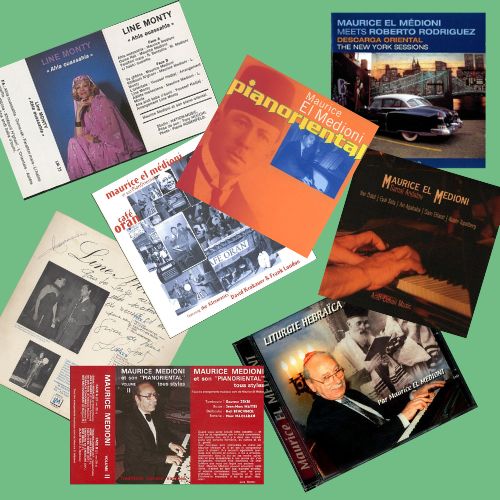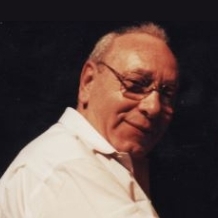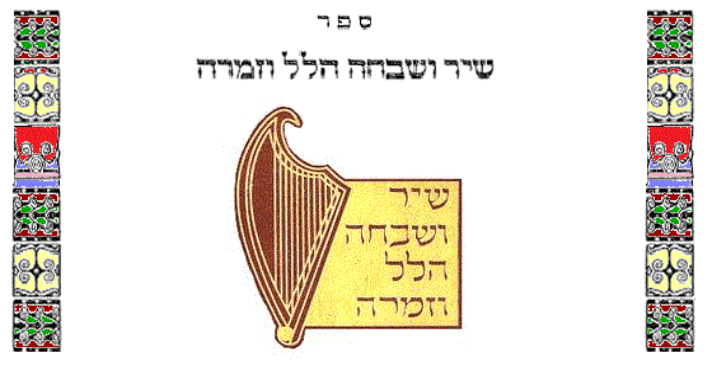
A radio program of the European Institute of Jewish Music hosted by Hervé Roten
MUSIQUES JUIVES D’HIER ET D’AUJOURD’HUI – TUESDAY MARCH 12, 2019, JUDAÏQUES FM (94.8), 21H00. Radio program in French.
Hervé Roten invites the composer and musicologist Bruno Giner for the release of his book Kurt Weill published by Editions Bleu Nuit. The opportunity to learn more on the life and work of this Jewish composer of German origins, who obtained American citizenship, and who knew how to blend the multiple sides of his identity to build a timeless work, which creates a link between art music and popular music.
Born on March 2nd 1900 in Dessau (Germany) in a family of musicians (his father was cantor and composer of liturgical music in Dessau’s synagogue), Kurt Weill grew up hearing synagogal music. Attracted by composition, the young boy followed the teachings of Albert Bing in Dessau, Engelbert Humperdinck and Ferruccio Busoni in Berlin.
The Weimar Republic, eager for progress, culture and modernity would allow Kurt Weill to find a language that blends art music, cabaret songs and jazz. In 1928, he became famous with The Threepenny Opera (Die Dreigroschenoper) on a libretto by Bertolt Brecht. It was seen in the cinema (film by Georg Wilhem Pabst) and several themes of this opera – such as « Mack the Knife » – were sung in all Europe.
In 1933, the coming to power of the Nazis forced Kurt Weill to take refuge in Paris. He wrote there in particular the opera Marie-Galante from which the songs would know great success in Parisian cabarets. But with antisemitism growing stronger in France, Kurt Weill left for the USA in 1935.
Settled in New-York with his wife, the singer Lotte Lenya, Kurt Weill imposed himself on Broadway, especially with the musical One Touch of Venus (1943) which stayed on stage during 18 months. On that same year 1943, Kurt Weill and Lotte Lenya got American citizenship.
Hearing the atrocities done by the Nazis in occupied Europe, Weill wrote in 1943 We Will Never Die – A Memorial, dedicated to the two million Jews killed in Europe. In March 1946, requested by Cantor David Putterman from Park Avenue synagogue in New-York, he wrote a Kiddush dedicated to his father. Finally in 1947, on the occasion of a trip to Palestine to see his parents settled in Nahariya, he created an orchestration of Hatikvah requested by Chaim Weizmann, the future first president of the state of Israel.
Kurt Weill’s last work, Lost in the stars (1949) is a vibrant plea against anti-black segregation and racism. Kurt Weill would profit unfortunately not very long of this success, and died prematurely of a heart attack, on April 3, 1950, at the age of 50.
According to Bruno Giner, Kurt Weill did not stop during all his life to democratize art music to make it available to all. If his name is quickly forgotten, his timeless songs, sang by world known artists (Louis Armstrong, Billie Holiday, Ella Fitzgerald, Franck Sinatra…), became standards.
Illustrated with many musical excerpts, this show makes us re-discover the work of a genius composer who managed to build a bridge between experimental music of Weimar Republic and Broadway’s American comedy.
Learn more about Kurt Weill
Listen to the playlist dedicated to Kurt Weill

Ethnomusicologist, he quickly developed an interest in the safeguard and digitization of archives, subjects he taught for several years in Reims and Marne-La-Vallée universities.
Author of many articles, books and recordings related to Jewish music, producer of radio programs, Hervé Roten is recognized today as one of the best specialists of Jewish music in the world.



